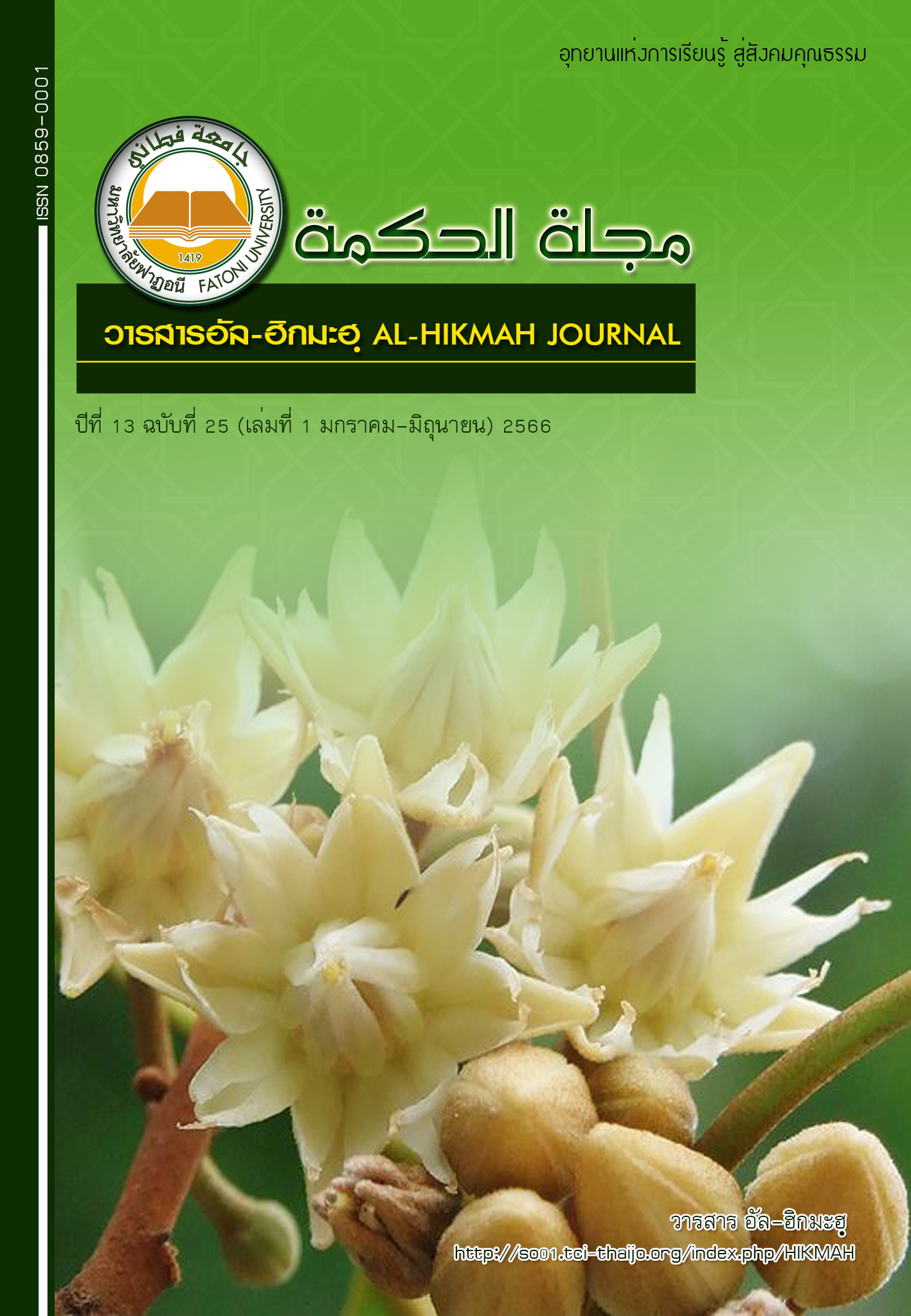Educational administration Challenges Pathways to Modification amid COVID-19 Era
Keywords:
Education, Administration, Curriculum, Technology Apps, Parent, Covid-19Abstract
The world and citadels of learning are not prepared for the pandemic experiencing that serves as superfluous challenge to-date in education industries. In the course of covid-19 pandemic, curriculum is lacking revision, teaching-learning and teachers’ new strategies are yet to be known, home and family influence are other challenges towards educational goals achievement. Early diagnosis and remedy was partially found in order to bring the students and teachers back into learning field as it was before. Likewise, medical and health officers were burst into serious research and educational researchers are of efficient to find the lasting solution in order to back the students into school. Unfortunately, the increase rate of the pandemic is beyond a nation’s effort. Although, the idea of technology Apps (Applications) involvement is truly came in as one of the answer towards learning challenges amid of Covid-19 era but poor economy overrule the uses of internet data among Nigerian parents. However, Mixed-Method was employed in this research which involves administrators for qualitative interview while quantitative method involves 156; teachers, aspiring teachers and schools’ administrators with Cronbach alpha α=0.891. Findings reveal that modification is required participate in workshop by the teachers, constant monitoring of students and uses of technological Apps as added advantage amid Covid-19 Era. Nevertheless, numbers of recommendations and important suggestions were ideal while monitoring as directed by the Nigeria Center for Disease Control included.
References
Biwai, Y., Hamza, M. A., & Lasisi, A. A. (2020), Physics Teachers’ Demography on the use of teaching methods in senior secondary schools of Gombe State, Nigeria, Kashere Journal of Education (KJE), Vol.1, no. 1, p113-120
Edward De Bono (1976) in De Bono, E (2007), De Bono’s thinking course, (6th ed.) UK: Educational Publishers LLP
Hairuddin Moh’d Ali, Lasisi Abass Ayodele, & Mohd Burhan Ibrahim (2019), The future sustainability of Malaysian Higher Education Institutions: What Matters Most, Asian Academic of Management Journal, Vol. 24, Supp. 1, p171-186
Jeanne, H. Ballantine and Floyd, M. Hammack (2012), The Sociology of Education: A Systematic Analysis, 7th Ed., Boston: Pearson Education, Inc
Lasisi Abass Ayodele and Musa Muhammed (2020), Transformation Factors Assessment towards Quality Assurance Achievement in Nigerian Universities: Confirmatory Factor Analysis, International Journal of Educational Management (IJEM), Vol.18 No.2, p45-56
Paul, R.W. (1995), Critical thinking: How to prepare students for a rapidly changing world. Santa Rosa, CA: Foundation for Critical Thinking
Visvanathan, G. G and Panneer Selvam, S. K (2014), Elements of 21st Century Education, India: Random Publications, p120
Downloads
Published
How to Cite
Issue
Section
License
Copyright (c) 2023 Al-HIKMAH Journal

This work is licensed under a Creative Commons Attribution-NonCommercial-NoDerivatives 4.0 International License.



